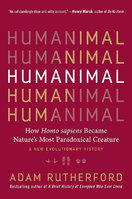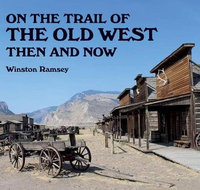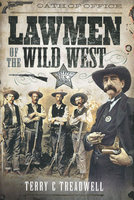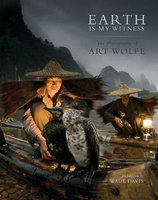New, Quality Gift Books - 50-90% off - over 2500 titles
Your basket is empty.
Categories Nature/Countryside WE ALONE: How Humans Have Conquered the Planet
WE ALONE: How Humans Have Conquered the Planet
Book number: 94388
Product format: Hardback
In stock
Bibliophile price
£4.00
Published price
£25
Customers who bought this product also bought
|
HUMANIMAL: A New Evolutionary History
Book number: 94363
Product format: Hardback
Bibliophile price
£6.00
Published price
£33
|
SEWISTS: DIY Projects From 20 Top Designer-Makers
Book number: 94531
Product format: Paperback
Bibliophile price
£5.75
Published price
£14.99
|
ON THE TRAIL OF THE WILD WEST: THEN AND NOW
Book number: 94798
Product format: Paperback
Bibliophile price
£8.00
Published price
£18.99
|
|
LAWMEN OF THE WILD WEST
Book number: 94417
Product format: Hardback
Bibliophile price
£12.50
Published price
£25
|
EARTH IS MY WITNESS: The Photography of Art Wolfe
Book number: 94894
Product format: Hardback
Bibliophile price
£35.00
Published price
£95
|
SINGLE QUILL PEN IN A BOX PEACOCK DESIGN
Book number: 94682
Product format: Unknown
Bibliophile price
£9.99
|
Browse this category: Nature/Countryside










